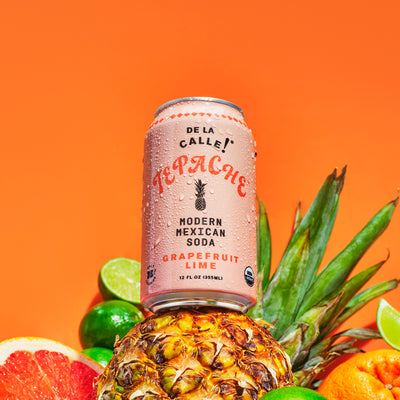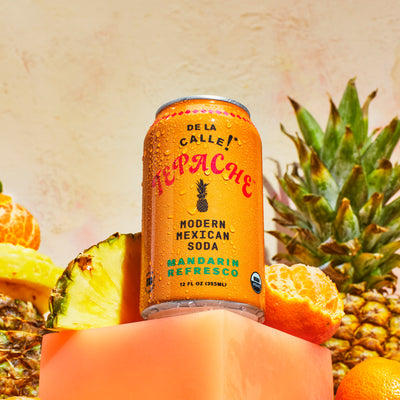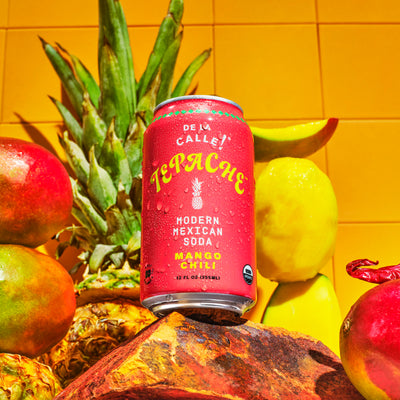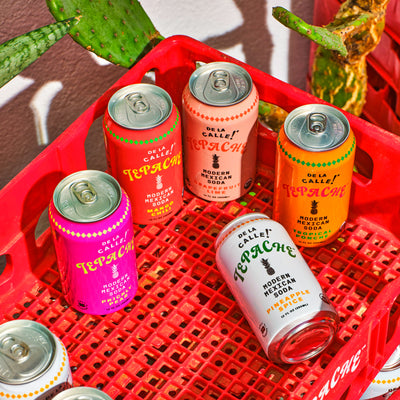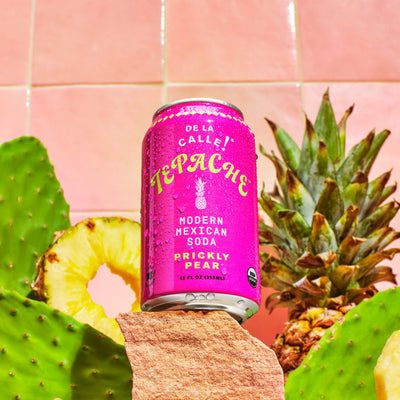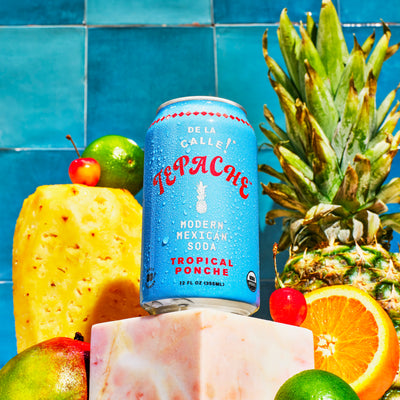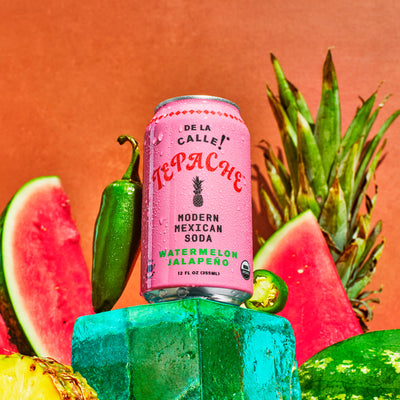What is inulin?

Although you might have never heard of it, chances are you’ve consumed inulin at some point in the last week. In this article, we’ll take a look at what exactly inulin is, its health benefits, and how it compares to the ingredients it is often substituted for, such as sugar.
Overview of Inulin
Inulin is a dietary fiber that acts as a prebiotic in your body.
Prebiotics are substances that cannot be digested by humans and therefore pass through your body undigested until they reach your gut, where they become fuel for prebiotics. Prebiotic is the name given to healthy bacteria and yeasts that live in your gut, aid in digestion, and help your immune system to protect you against disease.
Plants produce inulin to use as an energy source. In recent years inulin has gained popularity in the health food world because of its impressive health benefits and the way in which it can act as a substitute for unhealthy ingredients.
Scientifically speaking, inulin belongs to the oligosaccharide group and is a fructan. Fructans are chains of fructose (commonly known as sugar) molecules. For this reason, inulin has a slightly sweet flavor, making it a popular choice as a sugar substitute.
Natural Sources
The primary natural source of inulin is from the root of the chicory plant. Chicory is a plant that belongs to the dandelion family and can be identified by its light purple flowers. Although inulin is mostly found in chicory root, it can also be found in artichokes, leeks, wheat, agave, asparagus, garlic and bananas.
How will I know if a food or beverage has inulin?
For various reasons, inulin is added to foods and beverages such as yogurt, cereals, and tepache, a traditional fermented Mexican beverage.
To check if a food or beverage has inulin, look for inulin, chicory root extract, oligosaccharide, or oligofructose in the ingredients list.
If you want to know how much inulin has been added to your food or beverage, check the dietary fiber section on the nutrition label. If you’re looking for inulin in foods that do not naturally contain fiber, then this number will be an accurate representation of how much inulin is in the food or beverage.
For foods that naturally contain fiber but have added inulin, check to see how high up inulin (or one of the other words used to describe inulin) appears on the ingredient list. If it appears early, then large amounts have been added, seeing as ingredients are generally listed by weight.
Health Benefits of Inulin
Incorporating inulin into your diet can improve your overall health in a variety of ways.
Support Gut Health
Most notably, inulin can support your gut health.
Given that it is a prebiotic, it can increase the population of beneficial bacteria in your gut. Doing so will make your body better equipped to fight off the bad bacteria that cause inflammation and inhibit nutrient absorption.
Another benefit of incorporating inulin into your diet is and its positive effects on the gut microbiome is that it can alleviate the symptoms of occasional constipation. According to some studies, consuming at minimum 12 grams of inulin a day helps improve the symptoms of occasional constipation.
Helps Support Healthy Blood Sugar and Cholesterol Levels
Although more research needs to be done, inulin is also being heralded as a fiber that can potentially help support healthy blood sugar levels. It has also been observed that inulin can lower levels of bad cholesterol and improve levels of good cholesterol.
Can Help You Feel Fuller for Longer
Inulin has also been shown to aid in weight loss because of the way fibers behave in our bodies.
Fiber, which naturally contains no calories, is able to slow down the process of food emptying into your stomach. This means that it can leave you feeling fuller for longer.
One reason scientists hypothesize that this occurs is because the short-chain fatty acids in fiber increase hormones that suppress appetite.
Absorption of Calcium
There are also studies that have shown a positive correlation ingesting inulin and the amount of calcium your body can absorb.
Calcium is a mineral that helps form our teeth and bones, allows for the constriction and relaxation of blood vessels, and aids in muscle movement, hormone balance, among other things.
How does inulin compare to other sugars?
Inulin is used as a substitute for sugar, fat, and flour in baked goods. In this section, we’ll take a close look at how inulin compares to other sugars and sugar substitutes.
Risks of Excessive Sugar Consumption
Unlike inulin which can help you manage and even lose weight when paired with the right diet and exercise, eating too much sugar can lead to weight gain.
Eating excessive amounts of sugar can also cause your body to develop a resistance to leptin, the hormone involved in telling your body when to stop eating. Conversely, inulin signals the release of hormones that send the opposite message.
Consuming large amounts of sugar has also been linked to an increased risk of developing heart disease because high-sugar diets cause inflammation and high blood sugar and pressure levels. As discussed in the last section, instead of raising your blood sugar levels, inulin can actually support healthy blood sugar levels.
Sugar consumption has also been linked to acne, skin aging, cancer, type 2 diabetes, and cellular aging. Overall, there are very few benefits of sugar consumption and several, very harmful side effects.
For this reason, it is a good idea to consider choosing foods and beverages that use sugar substitutes such as inulin and erythritol to improve your health.
Inulin in Tepache
Not only does inulin provide several health benefits on its own, it is even more effective when paired with probiotic foods such as tepache.
Given that our tepache is sweetened with inulin, it is classified as a synbiotic drink.
Synbiotic foods and beverages make great additions to your diet because they provide all the benefits of probiotics and the fuel needed to keep these healthy bacteria alive (prebiotics).
How much is too much inulin?
It’s a good idea to try and ingest around 5 grams of inulin a day if you’re hoping to improve the amount of good bacteria in your gut. If you want to increase the amount of calcium absorption that occurs in your body, aim for ingesting 8 grams or more. To help you get on a regular schedule of bowel movements, it is recommended to take in 12 grams of inulin a day.
That being said, it’s important to increase your intake in moderation. Excessive amounts of inulin too fast can lead to some digestive discomfort side effects.
Are there any risks associated with inulin?
Although there are no major risks associated with incorporating inulin into your diet, there are a few side effects that may occur. These include diarrhea or increased bowel movements, bloating, increased gas, and abdominal cramps.
In order to avoid these side effects, it is a good idea to talk with your doctor before you make a decision to increase your inulin intake. It’s also important to drink plenty of water when you start consciously consuming more inulin and to increase your consumption rate slowly.
Conclusion
Inulin, although it is not a sugar, is often used as a sugar substitute in foods and beverages. This dietary fiber acts as a prebiotic in your body and provides several health benefits which makes it a sweet, nutritious alternative to sugar.
Sources:
https://www.healthline.com/health/8-fast-facts-about-calcium
https://www.health.harvard.edu/heart-health/the-sweet-danger-of-sugar


